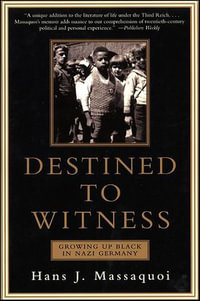
At a Glance
eText
$159.01
or
Instant online reading in your Booktopia eTextbook Library *
Why choose an eTextbook?
Instant Access *
Purchase and read your book immediately
Read Aloud
Listen and follow along as Bookshelf reads to you
Study Tools
Built-in study tools like highlights and more
* eTextbooks are not downloadable to your eReader or an app and can be accessed via web browsers only. You must be connected to the internet and have no technical issues with your device or browser that could prevent the eTextbook from operating.
ISBN: 9780387290546
ISBN-10: 0387290540
Published: 1st January 2006
Format: PDF
Language: English
Publisher: Springer Nature
You Can Find This eBook In
This product is categorised by
- Non-FictionEducationOrganisation & Management of EducationExaminations & Assessment
- Non-FictionMathematicsOptimisationLinear Programming
- Non-FictionMathematicsCalculus & Mathematical Analysis
- Non-FictionSociology & AnthropologySociologySocial Research & Statistics
- Non-FictionPsychologyPsychological MethodologyPsychological Testing & Measurement
- Non-FictionMathematicsProbability & Statistics
























